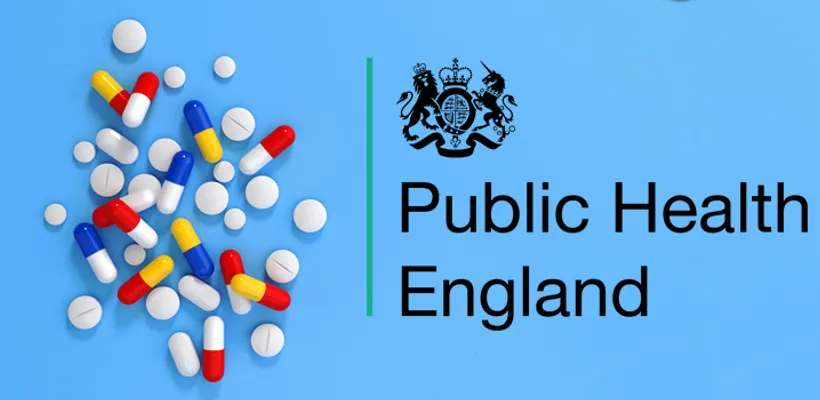Public Health England's Action Plan on Antimicrobial Resistance.

Published: 6th September, 2019 in: Health Health Advice
What is Antibiotic Resistance?
Antibiotics work by killing bacteria in your system which is causing infection; it is said that these were discovered through penicillin in the 1920s and have made a big impact on modern medicine ever since. Yet, due to our use of antibiotics, resistance has become prevalent. You may have seen an advert on TV in recent years in which anthropomorphic antibiotics sing about the importance of not using antibiotics where they are not needed, for example, if you have a cold. This was an advert by Public Health England to try to make the dangers of antibiotic resistance clear, in order to try and battle it before it gets worse. But, what is antibiotic resistance? Well, as we know, antibiotics work by killing the infection-causing bacteria in your system but, while the antibiotic will kill the bacteria most of the time, the more you use antibiotics the higher the chance of some antibiotic-resistant bacteria developing in your system. These strains of bacteria will not be killed by the anti-biotic and will begin to spread, (meaning you won't be able to shake off your infection). This is caused not only by overuse of antibiotics but also by not taking your full course of antibiotics; often you will begin to feel better before you have taken all of your prescribed medication, but don't be fooled! The bacteria is often still in your system and it is important that you take your full course of antibiotics to allow them to do their work and leave no bacteria behind.
Antibiotic Resistance Statistics
According to Public Health England 'Antibiotic-resistant bloodstream infections rose by an estimated 35% between 2013 and 2017', because of this 'we are seeing an increasing number of infections that are not responding to antibiotics'. The topic of resistance to antibiotics has become increasingly more relevant in recent years, and as a result, it has been noted that a strategy to decrease the number of resistant infections is desperately needed.
Global action plan on antimicrobial resistance
To tackle this problem Public Health England was awarded a great sum of money, by the Department of Health and Social Care, to put towards research and initiatives to aid this issue. A strategy to collect real-time patient data was set forward, alongside a concept called 'precision medicine'. This Precision Medicine strategy will allow healthcare professionals to dig deep into the patient's history and use their previous antibiotic prescriptions and previous infections to make an informed decision as to what course of medicine is best for them. There is a lot of work and thought going on within Public Health England to help stop this antibiotic resistance problem issue before it gets out of hand. It has been made clear that this is an important topic that everyone should read up on in order to do what they can to stop it. To learn more about this topic, what it is all about, how to prevent antibiotic resistance, and what is being done to curb the issue check out the Public Health England article.